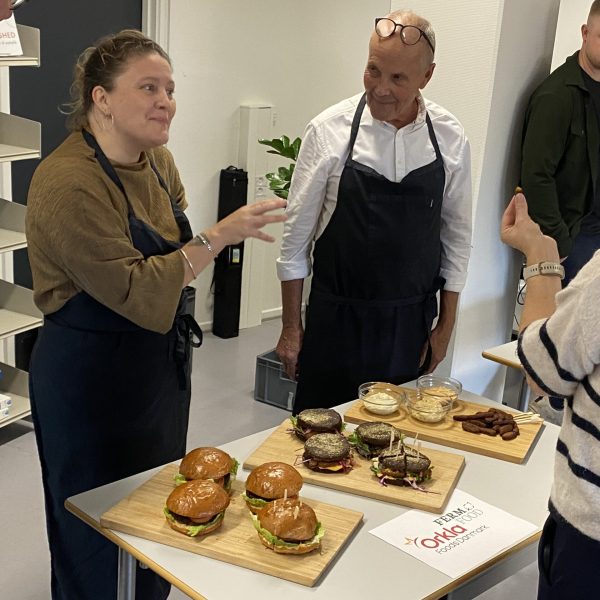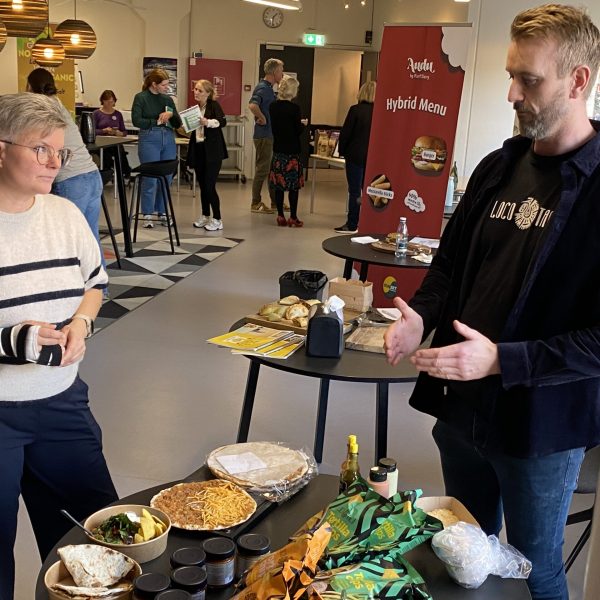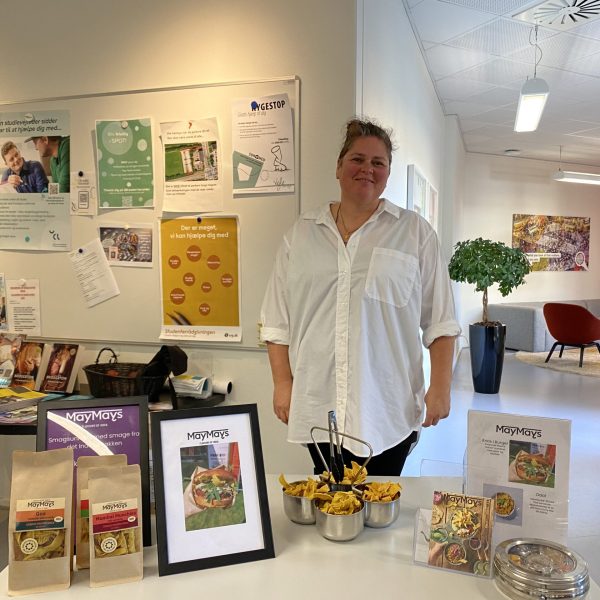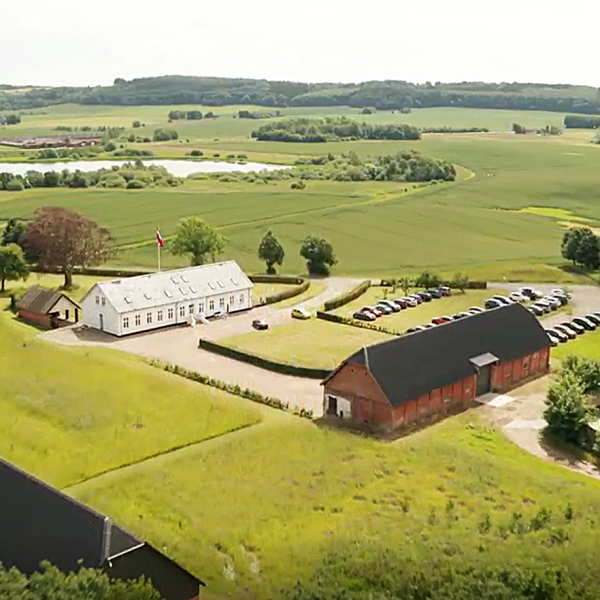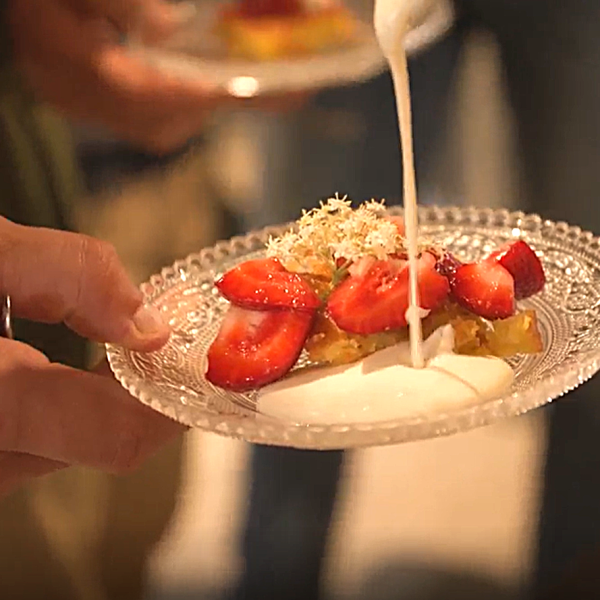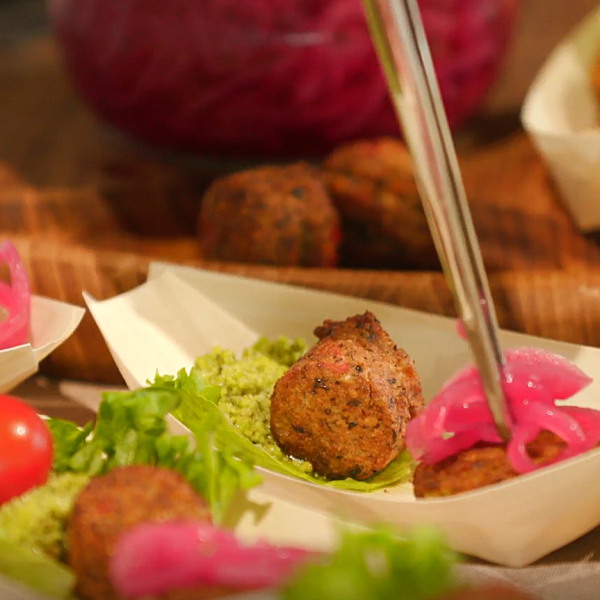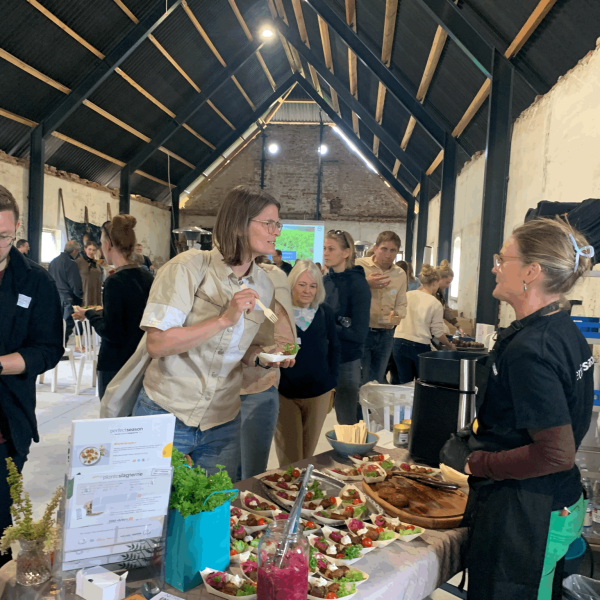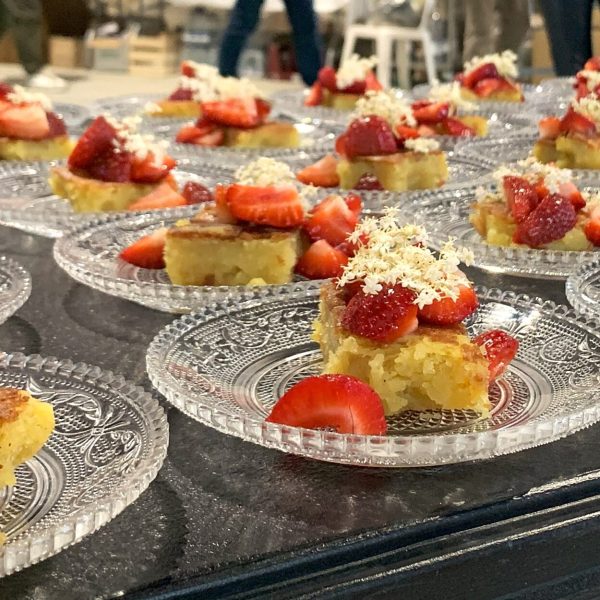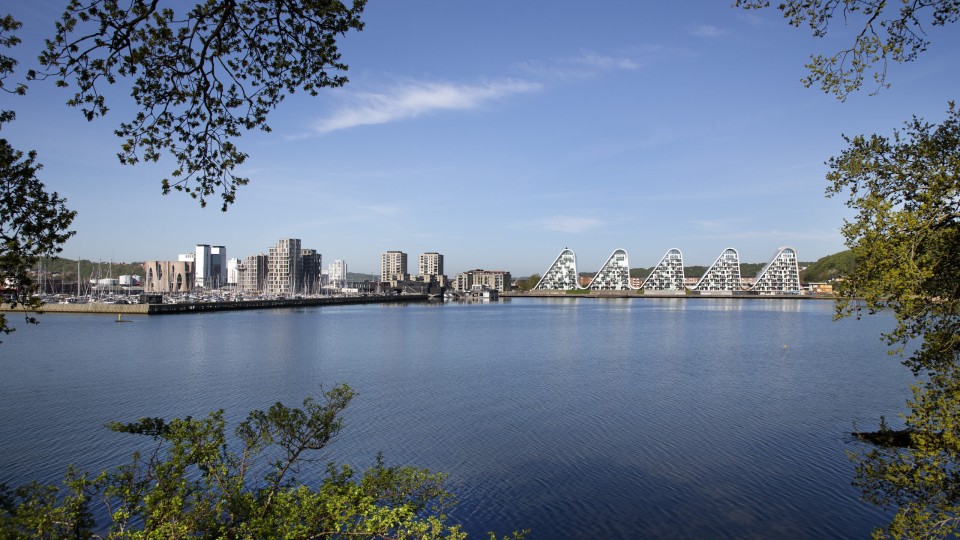Plant-based foods are increasingly recognized as an important part of the future of food. There is no doubt that a more plant-based diet contributes to lowering the global climate footprint.
‘The platform for plant-rich food producers’ is an inspirational and necessary tool to address both significant opportunities and challenges of matchmaking activities for plant-based food producers. The platform provides examples of different kinds of matchmaking activities with both retailers and food service on national and international level.
These facilitated matchmakings are tailored to increase sales for the producers and exhibit new market products. Matchmaking activities can also involve product development sessions, collaboration with food retail providers or food service establishment, helping them incorporate new plant-based products and ingredients into their menus or offerings.
How to do it
Suggested actions
- Find existing solutions and information about national matchmaking.
- List existing food producers in the municipality at hand and gain knowledge of their products.
- List potential national retail buyers and chains and map out their needs in the plant-rich sector – according to the needs of each actor
- Compare producers with retail buyers and make potential matches
- Host facilitated matchmaking events with interested retail buyers for promoting plant-based products and developing new plant-rich products.
- Create an online platform showcasing good examples of matchmaking to the benefits and increased sales of the producers and the retail buyers.
Local adaptations
Vejle, Denmark
The Danish Government wants to strengthen the national plant-based agri-food sector. With ‘The Action Plan on Plant-Based Foods’, the government aspires to inspire. This includes all the actors in the Danish food system who affect consumers’ food choices in every-day life. Under the Food Organisation of Denmark and together with Vejle Municipality’s department for business, the funded project, Turbo Plant, is using Matchmaking between producing companies and retailers to enhance the sales and visibility of plant based and hybrid products. The project originated from Vejle with local businesses engaging in the matchmaking activities, soon spreading the network to a national reach.
KISMET Actions & Tools
Bælgdagen - Day of Legumes (Vejle)
In June 2024, ‘Day of Legumes,’ brought together a broad array of key stakeholders dedicated to enhancing the value chain for Danish-grown legumes. Participants included crop growers, investors, companies, start-ups, chefs, food assistants, educational institutions, policymakers, NGOs, and municipal representatives.
The event provided an excellent platform for networking and inspiration.
Sunset Boulevard - Fast Food Chain Matchmaking (Vejle)
In October 2024, the Danish fast-food chain Sunset Boulevard engaged in a matchmaking with different food producers at a local university college in Vejle. The chain, operating close to 50 restaurants across Denmark, sought to expand its menu with more plant-based items.
The participating companies dedicated several weeks prior to the event to product development, both independently and collaboratively, ultimately presenting a large variety of samples. After the event, Sunset Boulevard contacted selected companies for potential collaboration.
Fisk, Rasp og Bælgfrugter - Fish, Crumbs and Legumes (Vejle)
In December 2024, five companies convened in Vejle for a product development and matchmaking session centred on fish products and legume-based breading. Over an afternoon in a production kitchen, they crafted 10 different legume-mix breadings for fish fingers and fillets, as well as fermented legume-enhanced fishcakes.
Participating companies arranged further development, with product testing scheduled for 2025 and a follow-up matchmaking session planned in three months.
This video was originally produced for social media platforms, which is why it appears in a vertical 9:16 format rather than standard landscape orientation.
Related knowledge
Action Plan – Ministry of Food, Agriculture and Fisheries, Denmark
The action plan serves as a catalogue of initiatives, all of which are considered to promote plant-based foods and strengthen sales and export of danish crops.
Plant2Food – Aarhus University, Danmark
Plant2Food is a 5-year platform based at Aarhus University and funded by the Novo Nordisk Foundation. Plant2Food is an Open Innovation in Science (OIS) platform based on open research, in which universities and companies work together to solve complex issues.
Diet for a green planet – Södertälje, Sweden
Diet for a Green Planet is a 3 year project initiated by Södertälje Municipality, Sweden and funded by the European Union. The aim is to promote sustainable food systems through various principles and guidelines.
EIT Food – Leuven, Belgium
European Institute of Innovation and Technology – Food, is a European Knowledge and Innovation Community headquartered in Belgium. It is a platform that brings together businesses, research institutions, and universities to drive innovation and sustainability in the food sector. EIT Food aims to create healthier, more sustainable food systems by fostering collaboration, education, and entrepreneurship across Europe.
Good Food Institute Europe
The Good Food Institute (GFI) is a nonprofit organization dedicated to accelerating the development of alternative proteins, such as plant-based, cultivated, and fermentation-derived foods. GFI works globally with scientists, policymakers, and businesses to create a sustainable food system that reduces reliance on conventional animal agriculture.
Assessing the success of matchmaking events
The Austrian paper was presented at The ISPIM Innovation Conference in Berlin, June 2021.
The study highlights the benefits and challenges of matchmaking between start-ups and market incumbents in the business sector.
Farm to Fork EU
The Farm to Fork Strategy is at the heart of the European Green Deal aiming to make food systems fair, healthy and environmentally-friendly. The Farm to Fork Strategy aims for a sustainable food system that protects the environment, mitigates climate change, supports biodiversity, ensures food security and public health.
AgriFoodTure
The AgriFoodTure partnership unites universities, knowledge, and innovation institutions, SMEs and large national and international companies, civil society actors and authorities in a common vision for more green and sustainable Danish agricultural and food production.
Organic Sweden
Organic Sweden is the platform for all players in the organic market who want to collaborate for increased sales and exports of organic and KRAV-labeled foods. They work to increase knowledge and commitment to organic production and consumption.
Organic Denmark
Organic Denmark is the largest representative of the organic food industry in Denmark, encompassing farmers, companies, professional kitchens, and consumers. These collaborations focus on tailoring strategies and product lines to align with each chain’s customer base and market position, fostering the growth of organic products across diverse retail formats.

